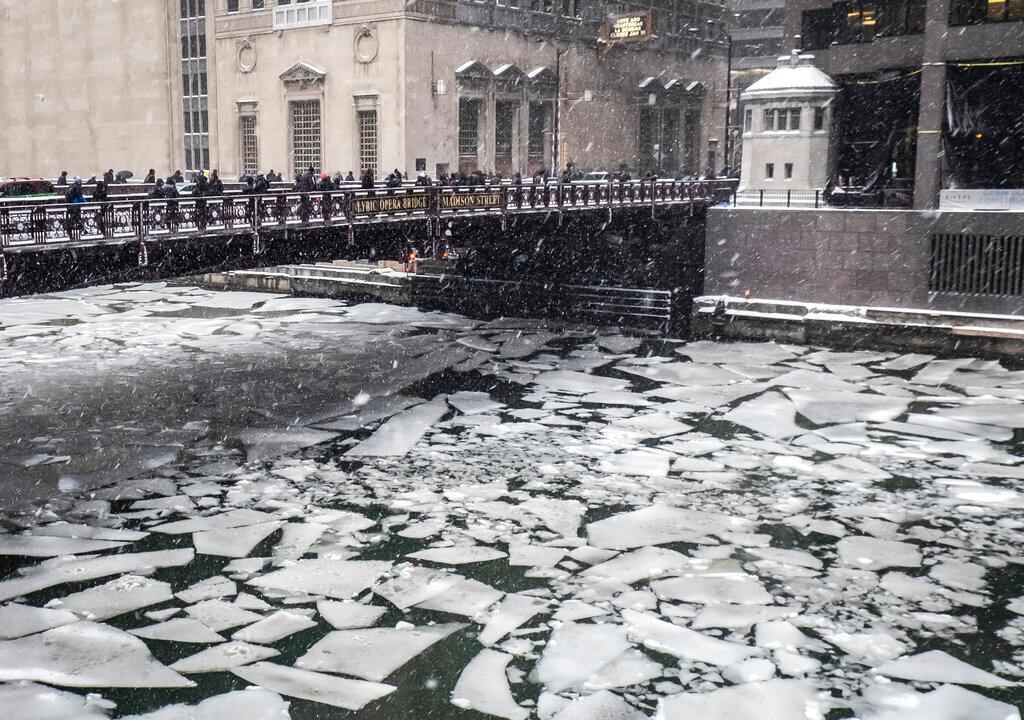A good Samaritan offered to pay for hotel rooms for 70 homeless people who were camped out in tents in the bitter cold that blanketed Chicago.
The offer came after the Chicago Fire Department on Jan. 30 confiscated nearly 100 propane tanks given the group to keep them warm as temperatures sank to negative 22 Fahrenheit (negative 20 Celsius), with a wind chill of 49 degrees below zero.





